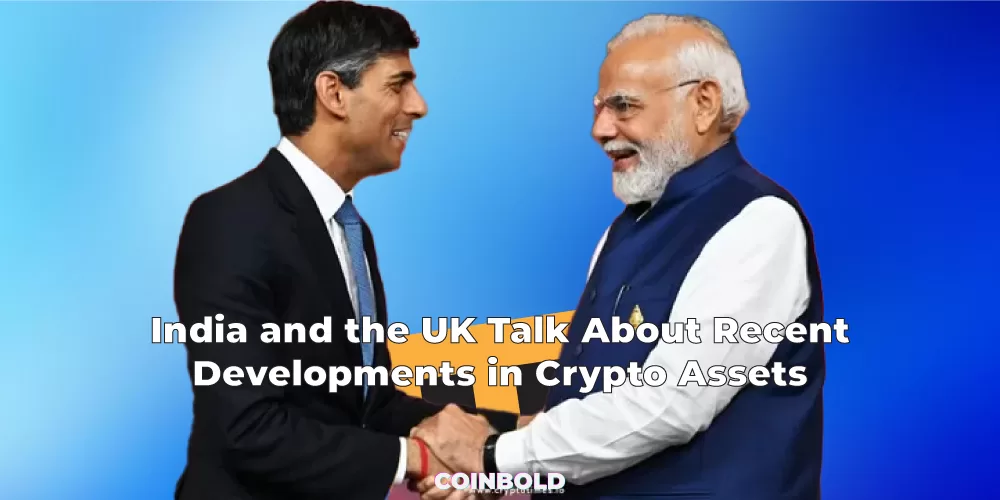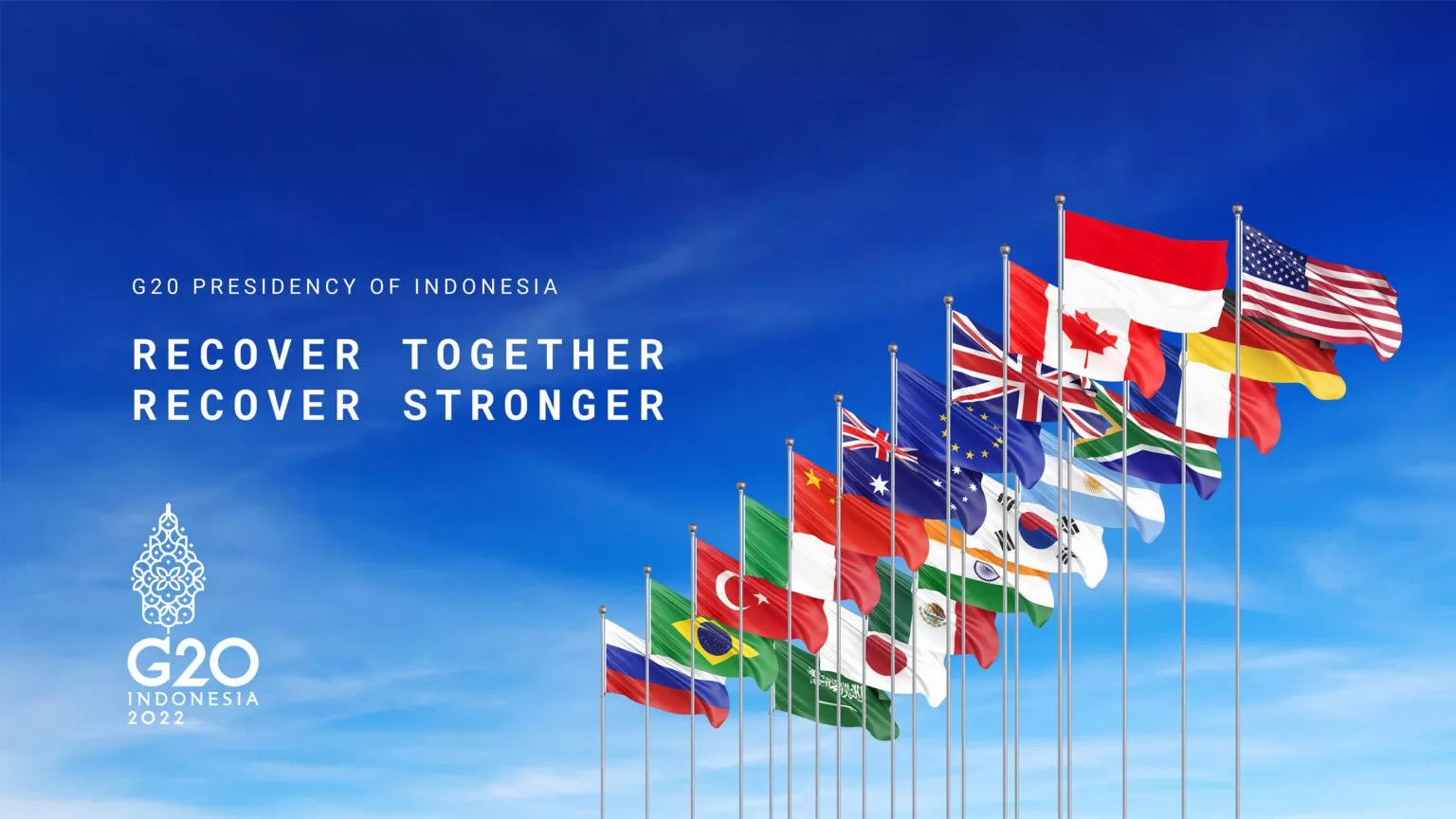At the India-UK 2nd Financial Markets Dialogue, participants from both India and the United Kingdom discussed recent developments in the global crypto asset market and emphasized the requirement for effective risk management strategies.
According to the joint statement released by India and the United Kingdom, “Mutual learning was explored as a potential means of augmenting knowledge on Central Banking Digital Currency (CBDC).” Participants discussed recent developments on a global scale pertaining to crypto assets, the significance of establishing robust global approaches, and the progress made in delivering the G20 Roadmap.
According to statements made by India and the United Kingdom, the failure of the FTX and the subsequent sell-off in the market had shown how vulnerable the cryptocurrency realm is.
The statement went on to say that the authorities in the United States had determined that Bitcoin, Ethereum, and a number of other cryptocurrencies did not qualify as eligible securities.
According to the statement, the organizers ensured that Indian participants were kept up to date on changes in India’s regulatory approach to insurance. This was done to improve business accessibility and encourage the entry of new companies, which ultimately led to an increase in the percentage of people who had insurance.
The statement went on to say that “Financial Cooperation is one of the Key Elements of the 2030 Roadmap that was adopted during the meeting in 2021 between the two Prime Ministers.” Both countries came to the conclusion that there is a significant potential for increased cooperation between India and the United Kingdom in the field of financial services, and they made the decision to hold the next Financial Markets Dialogue in India in the year 2024.
Recently, while speaking at a news conference following the second meeting of the G20 FMCBG, the Indian Foreign Minister stated that members of the G20 are calling for global crypto regulations. According to Sitharaman, the G20 and the countries that make up the group have come to the conclusion that it will not be possible for a standalone nation to independently and autonomously deal with crypto assets.
Compiled by Coinbold



